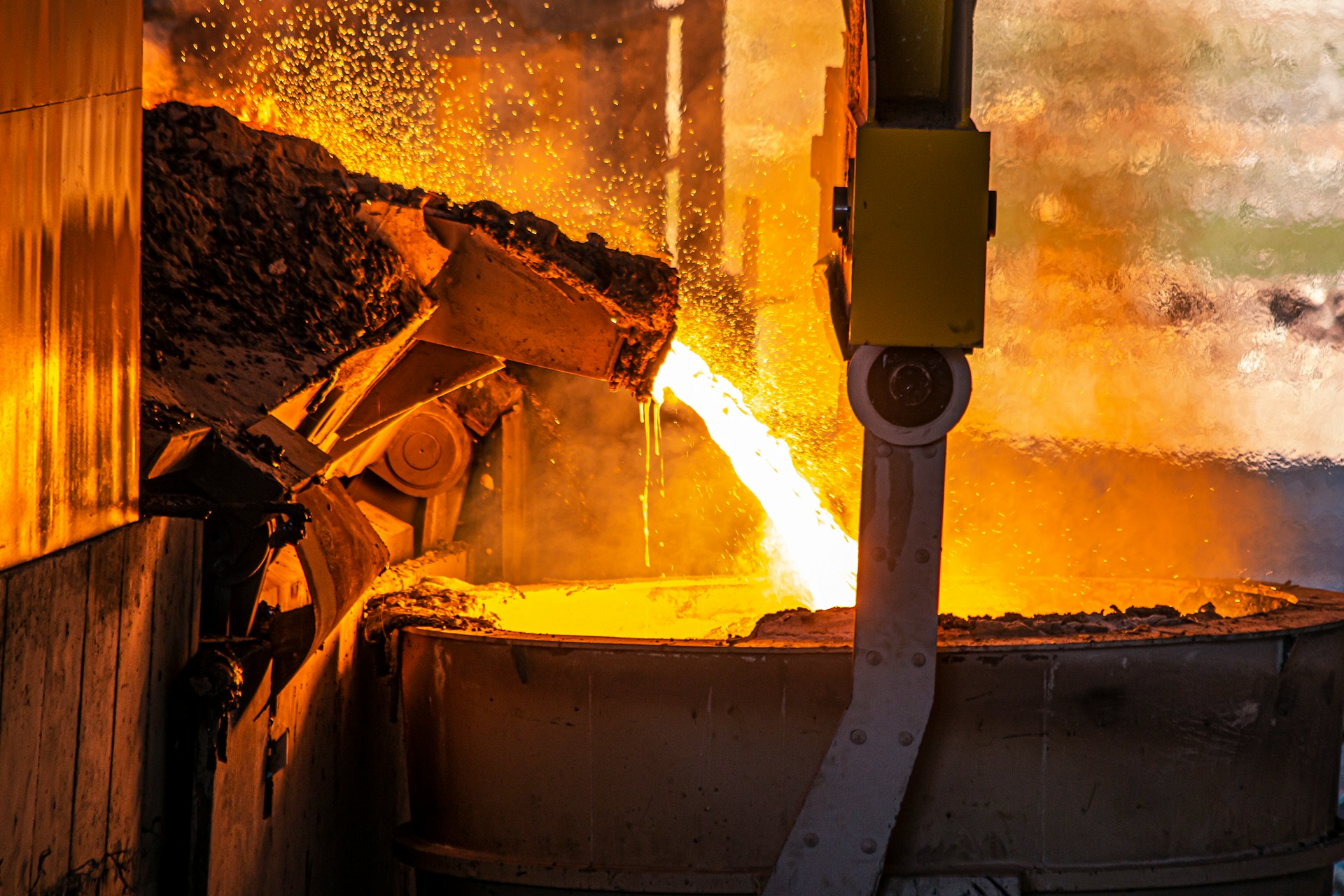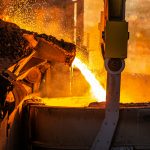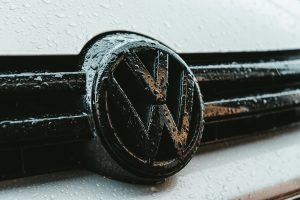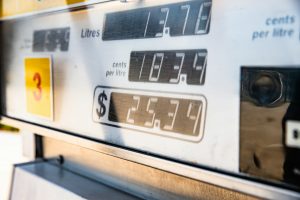
UK Secures Fuel Shipment to Keep Last Steel Blast Furnaces Running
On Tuesday, the UK government confirmed it has secured enough fuel to keep the country’s last operational blast furnaces running for at least the next few weeks, marking a crucial move in its urgent efforts to safeguard domestic production of virgin steel.
The announcement follows emergency legislation passed on Saturday, which granted the government operational control over the steel plant in northeast England previously managed by China’s Jingye Group. The authorities have been racing against time to source sufficient coking coal and iron ore to prevent a shutdown of the energy-intensive furnaces.
Blast furnaces require a continuous supply of fuel to function and cannot be easily restarted once turned off. Without intervention, the site had been losing around £700,000 (approximately $922,950) per day. A shutdown would leave the UK heavily reliant on steel imports, posing a significant risk to key sectors such as rail, construction, and automotive—especially amid ongoing trade disputes and geopolitical instability.
Business and Trade Secretary Jonathan Reynolds stressed the strategic importance of preserving Britain’s steel industry. He noted that the availability of domestically produced steel is critical to the government’s broader plans to modernise the nation’s ageing infrastructure.
Reynolds is set to visit the Port of Immingham on the east coast to oversee the loading of the secured fuel shipment. The government confirmed it had authorised payment for the delivery, which had originally arrived from the United States and been held in dockside storage.
In a further boost to the supply chain, a separate vessel carrying coking coal and iron ore from Australia is also en route to the UK. The shipment had been delayed due to a legal dispute, which has now been resolved following government intervention and payment.
The efforts reflect the government’s determination to prevent the collapse of one of the country’s most strategic industrial assets and to maintain a degree of independence in its steel supply at a time of global uncertainty.















